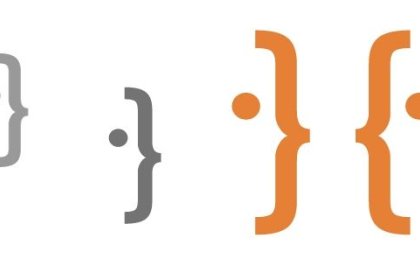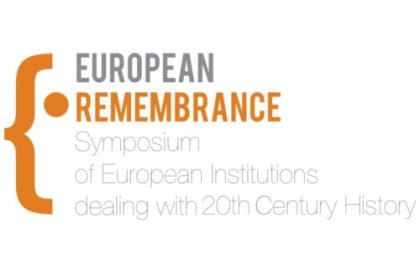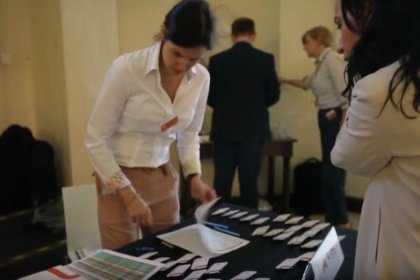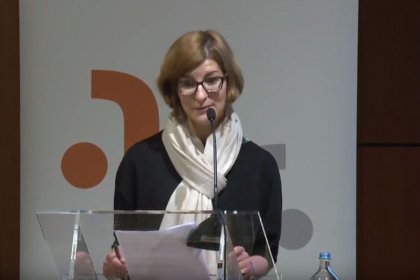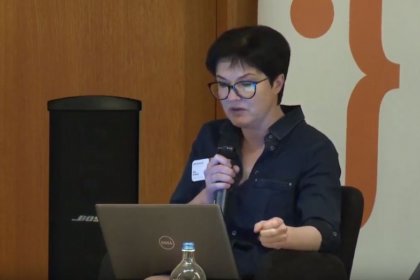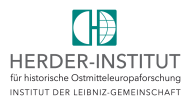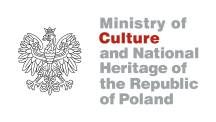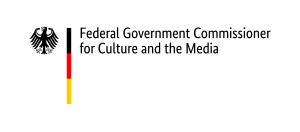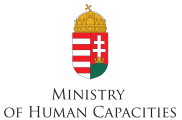The 20th century in Europe could rightly be called a ‘century of violence’ due to the exponential increase in the number of those who were killed, imprisoned, tortured or displaced in Europe during that century. Apart from numerous wars, including two world wars, which have caused millions of deaths, modern states became involved in violence towards their own citizens. The increase of state violence weakened democracy, undermined human rights and eventually led to the creation of totalitarian regimes. Therefore it seems vital to focus primarily on the various phenomena of violence and their consequences on the history of the 20th century as well as on how they are remembered.
The conference will focus on the phenomenon of the involvement of states and ideologies in the widespread use of violence to enforce objectives. Within the ‘facts-and-memory’ approach, we would like to present the different experiences of violence within Central-Eastern and Western Europe, and ask what forms of violence are legitimate, as well as how they are remembered, taught and exhibited in both parts of Europe.
While reflecting on the issue of violence, we should not lose sight of the fundamental question we have posed at each edition of the Symposium since the beginning: is a common European remembrance possible? And should we seek to find links between those areas?

